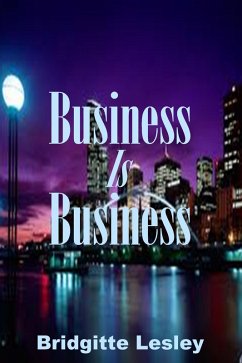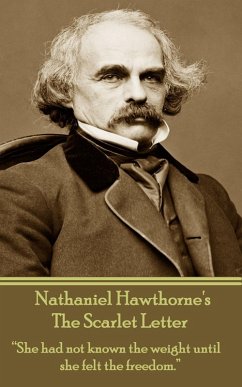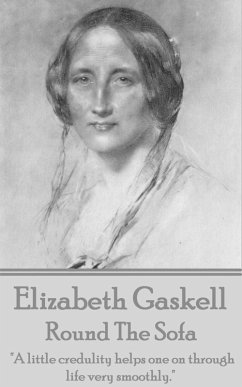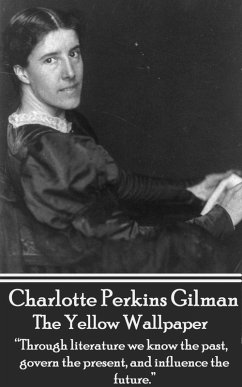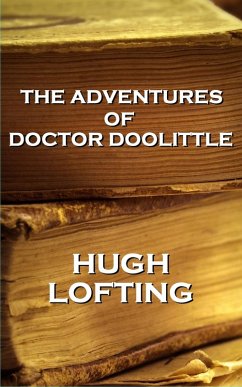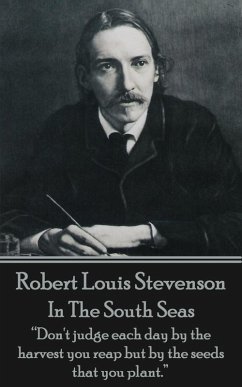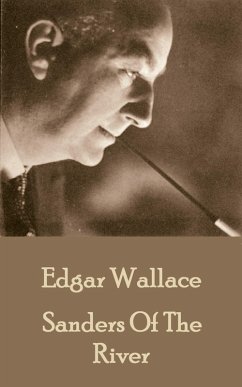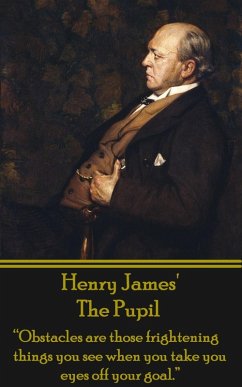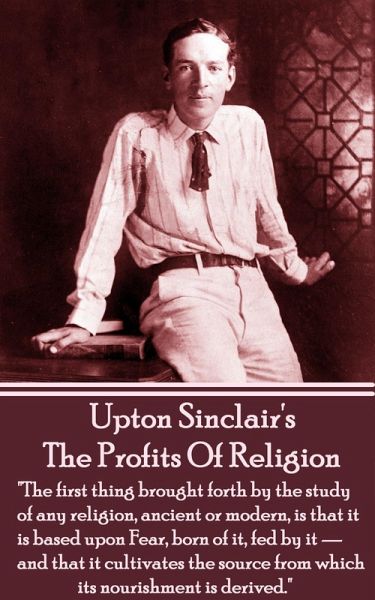
The Profits of Religion (eBook, ePUB)
"The first thing brought forth by the study of any religion, ancient or modern, is that it is based upon Fear, born of it, fed by it - and that it cultivates the source from which its nourishment is derived."

PAYBACK Punkte
1 °P sammeln!
Upton Sinclair is a very prolific American writer and novelist of the early twentieth century. His major fictional work is The Jungle which was first published in serial form in a socialist newspaper. It made of Sinclair an established author when it was released in a single volume in 1906. Sinclair's works are often interested in social reform as well as in unveiling corruption and criticizing injustice in American institutions. Hoping to put his reformatory ideas into practice, he unsuccessfully ran more than once for membership of the US Congress and for the governorship of California. His ...
Upton Sinclair is a very prolific American writer and novelist of the early twentieth century. His major fictional work is The Jungle which was first published in serial form in a socialist newspaper. It made of Sinclair an established author when it was released in a single volume in 1906. Sinclair's works are often interested in social reform as well as in unveiling corruption and criticizing injustice in American institutions. Hoping to put his reformatory ideas into practice, he unsuccessfully ran more than once for membership of the US Congress and for the governorship of California. His The Profits of Religion (1917) comes as part of series of non-fictional books that he devoted to the criticism of American institutions including religion, journalism and education. It deals with the American religious movements that flourished prior to World War I, accusing them of manipulating the masses for pecuniary ends. For Sinclair, organized religion is a "source of income to parasites, and the natural ally of every form of oppression and exploitation." The book draws a very negative image of churchmen in general, accusing them of hypocrisy, bigotry and cheating. Sinclair believes that the numerous denominations mushrooming in America are blatantly unfaithful to the true message of Jesus Christ. He does not spare the Catholic Church, though, and accuses it of making use of charity for its own interests.
Dieser Download kann aus rechtlichen Gründen nur mit Rechnungsadresse in D ausgeliefert werden.




